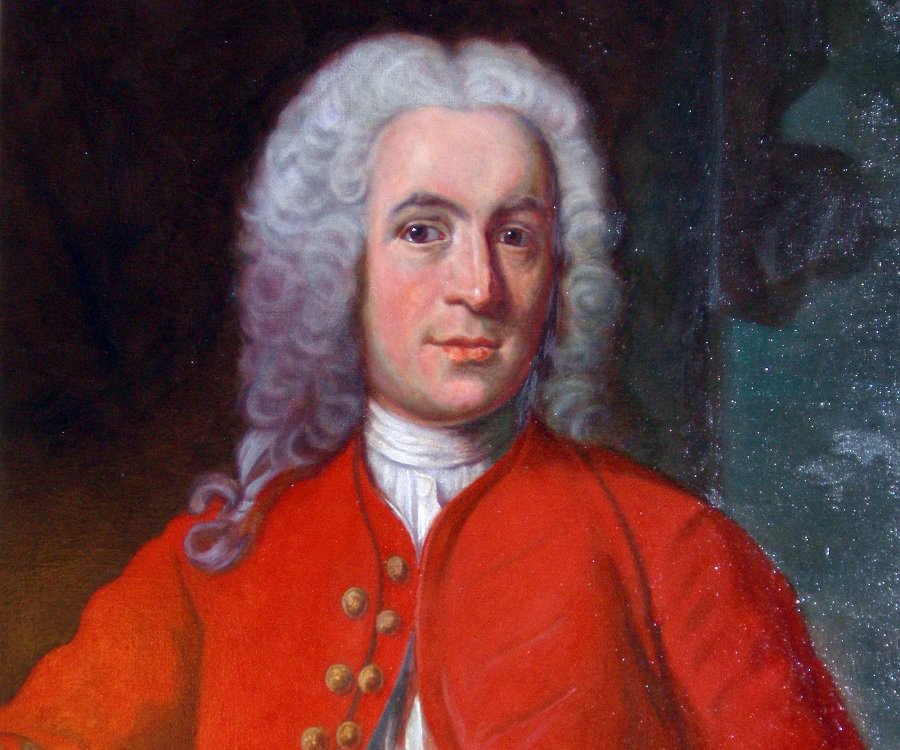Rarely has a man been more comfortable with his own greatness. He spent much of his leisure time penning long and flattering portraits of himself, declaring that there had never "been a greater botanist or zoologist," and that his system of classification was "the greatest achievement in the realm of science." Modestly he suggested that his gravestone should bear the inscription Princeps Botanicorum, "Prince of Botanists." It was never wise to question his generous self-assessments. Those who did so were apt to find they had weeds named after them.

Linnaeus's other striking quality was an abiding — at times, one might say, a feverish — preoccupation with sex. He was particularly struck by the similarity between certain bivalves and the female pudenda. To the parts of one species of clam he gave the names vulva, labia, pubes, anus, and hymen. He grouped plants by the nature of their reproductive organs and endowed them with an arrestingly anthropomorphic amorousness. His descriptions of flowers and their behavior are full of references to "promiscuous intercourse," "barren concubines," and "the bridal bed." In spring, he wrote in one oft-quoted passage:












